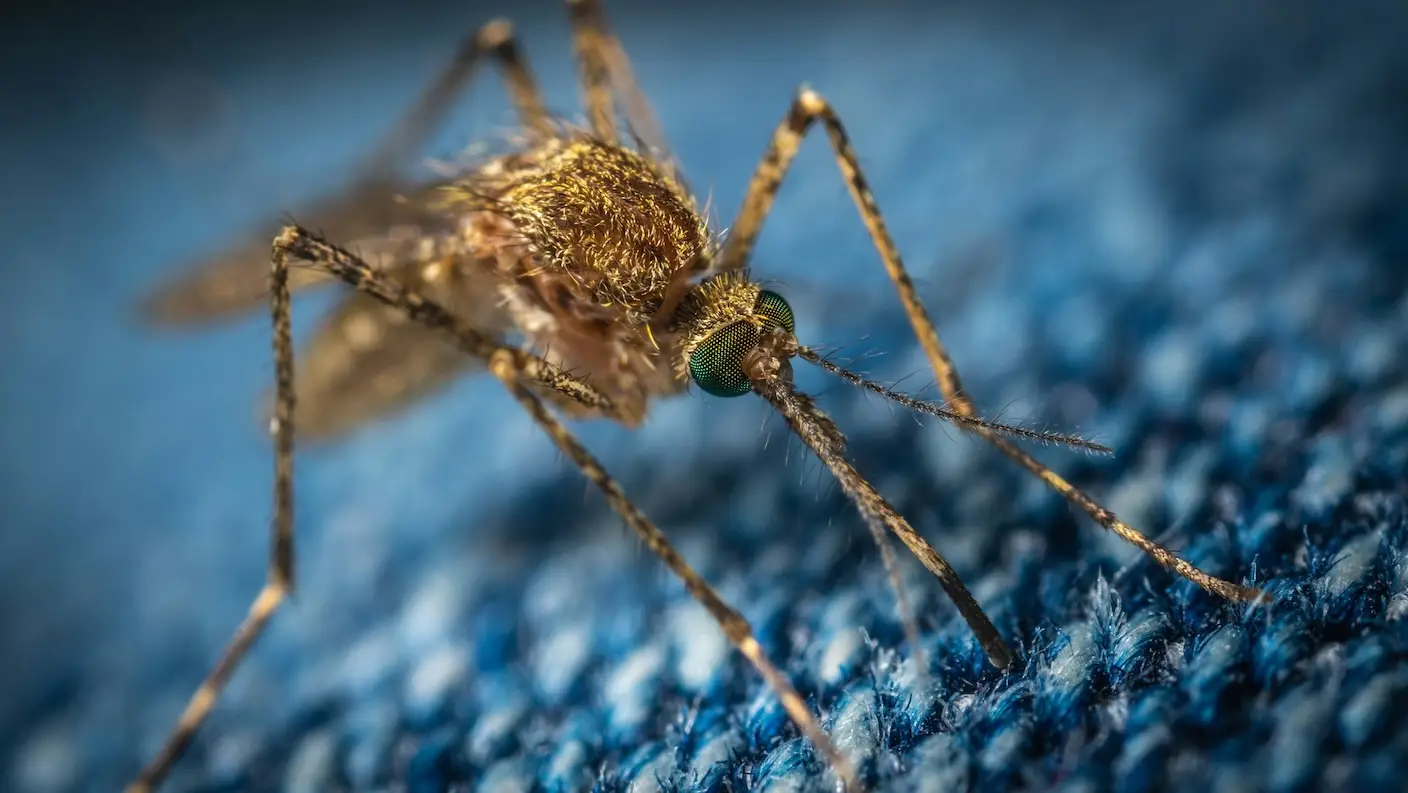The deadliest animal on Earth isn’t a lion or a shark. It’s the mosquito.
These tiny, winged parasites are responsible for more deaths throughout human history than all wars combined. Every year, malaria alone kills over half a million people—most of them children. But now, scientists have unveiled a radical twist in the fight against these flying disease factories: don’t kill the mosquitoes. Reprogram them.
In a breakthrough that could change global health forever, researchers have genetically engineered mosquitoes to become immune to malaria—and then passed that immunity down through generations using a gene drive that rewrites the rules of evolution itself.
Welcome to the age of biological counterinsurgency.
Forget Eradication. Think Rewriting the Playbook.
For years, we’ve tried to outsmart mosquitoes with nets, insecticides, vaccines, and even species-erasing genetic hacks. Some efforts targeted mosquito reproduction entirely—editing sex-determining genes so females never hatch. These programs showed that, in the lab at least, it’s entirely possible to drive a species to extinction with a few lines of CRISPR code.
But wiping out an entire species has always raised alarms. What role do mosquitoes really play in ecosystems? What chain reactions might we trigger by removing them? For all our high-tech arrogance, we still don’t fully understand nature’s Jenga tower.
So, a new plan emerged: don’t destroy the mosquito—disarm it.
Scientists have now engineered a strain of mosquitoes carrying a modified version of a naturally occurring protein called FREP1. Normally, this protein helps malaria parasites infect the insect’s gut. But with a slight genetic tweak, it becomes a fortress—blocking the parasite’s ability to reproduce inside the mosquito’s body.
And that’s where the real magic begins.
The Gene Drive: Evolution on Fast Forward
In natural reproduction, a gene has a 50-50 chance of being passed to the next generation. That’s biology’s coin toss. Gene drives rig the game.
By embedding the edited FREP1 into a gene drive system, researchers guaranteed its inheritance would spread like wildfire. In just ten generations, the malaria-blocking gene went from being in a quarter of the mosquitoes to more than 94%. Not through selective breeding or natural pressure—through synthetic evolution.
And the results? Infected mosquitoes carrying the protective gene had dramatically reduced parasite levels in their bodies. Their saliva—the main delivery system for malaria—was virtually free of the parasite. Translation: even when bitten, the risk of infection plummets.
It’s vaccination, but for insects.
The Bigger Play
This isn’t just a story about malaria. It’s a glimpse into the future of programmable biology.
With similar strategies, scientists could turn mosquitoes into living drug factories, disease sentinels, or even population-control tools. One day, we may be editing the biology of entire species the way we write software updates. Disease vectors could become health allies. Invasive pests could be dialed down rather than wiped out.
Of course, we’re not there yet. Gene drives are powerful—and unpredictable. Parasites could evolve workarounds. The ecology of entire regions could shift. The line between cure and chaos is thin.
But for now, one thing is certain: the mosquito may no longer be our enemy.
Instead, it might be our most unexpected ally.


